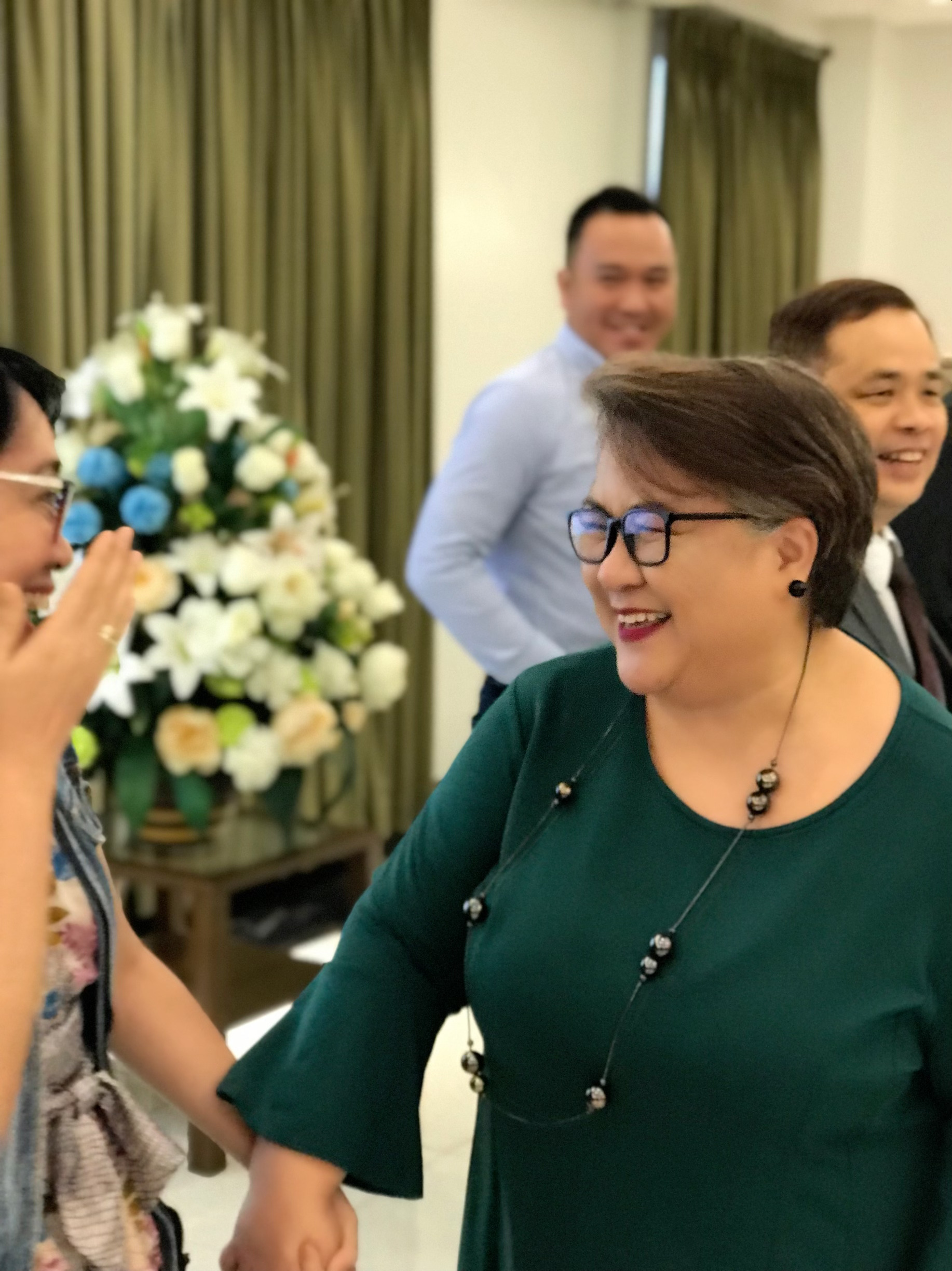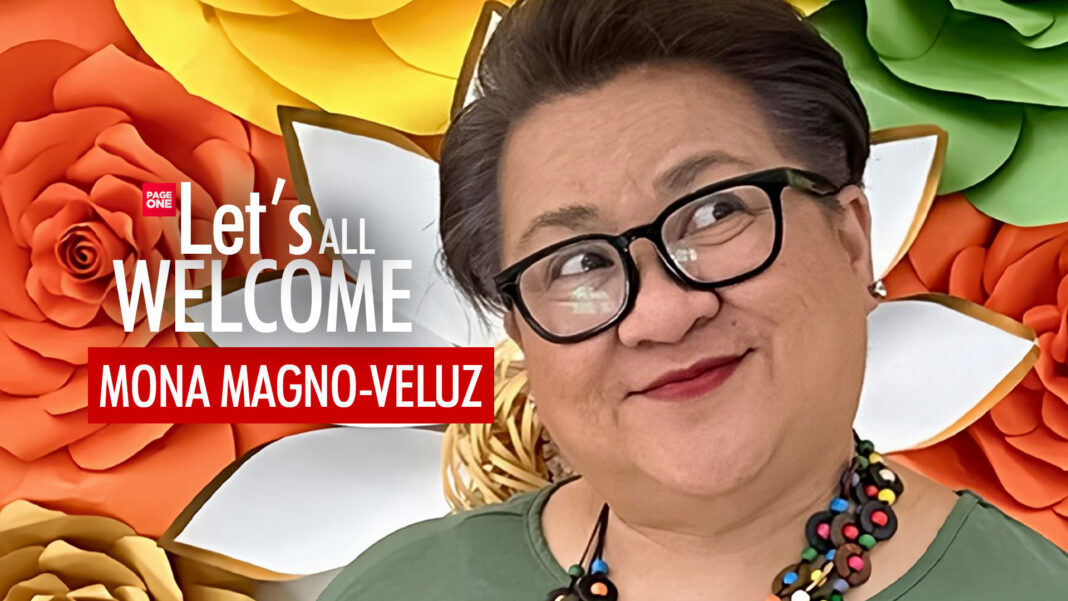In a digital landscape overflowing with quick takes and half-truths, Mona Magno-Veluz—better known as Mighty Magulang—has carved out a space for deeper conversations about who we are as Filipinos. For her, history isn’t just a subject to memorize; it’s a living, breathing force that shapes identity, fuels pride, and calls us to civic responsibility. And at the heart of her work is a simple but powerful conviction: Filipinos deserve the whole story.
“At the core of Mighty Magulang is a deep love for truth, identity, and civic responsibility,” she says. “I create content because I believe Filipinos deserve to know the whole story of who we are, beyond the curated version in textbooks. We need to know the layered, messy, beautiful truths that shape our nation. And that journey starts with understanding our family’s roots.”

Her mission is anchored on three guiding principles: learning with humility, teaching with compassion, and storytelling done in good faith. Through this approach, she aims to nurture critical thinking, empathy, and an enduring pride in the past. “Filipinos deserve better information, as we are smart enough to handle it,” she emphasizes.
When choosing topics, Mona starts with curiosity—both hers and her audience’s. “It always starts with questions. What are people confused about right now? What’s trending but misunderstood? What topic is being debated online, but missing key context?” she explains. She listens closely to the pulse of public conversations, whether in news headlines, social media threads, or even the comments section of her videos.
Some of her most enduring work comes from this process. “My Today in Philippine History series is ‘evergreen’—people come back to it every year. I try to strike a balance between what is timely and what is timeless. Some videos respond to what’s hot now; others are built to last.”
For Mona, language is more than a medium—it’s a vessel for history and identity. “Language is more than communication. It is a memory. Every word we speak carries our ancestors’ stories: how they fought, loved, migrated, prayed, and survived.” In the context of Buwan ng Wika, she sees speaking Filipino and native tongues as a form of resistance. “Every time we talk in our language, we reclaim space. It’s not about rejecting Spanish or English. It’s about making sure our progress is rooted in who we are.”
Her use of English in her videos is a conscious choice for inclusivity. “Tagalog and Taglish don’t register well with auto-captioning tools, and I work with the disability community, so captions matter. Language should empower, not exclude. And inclusion means making sure everyone can learn and engage, especially those with disabilities.”
Bringing history to younger audiences requires trust and relatability. “I don’t talk down to them. If you deliver history with respect, relevance, and a bit of pagka-tita, they’ll listen. And they’ll want more.” She blends humor, memes, fast cuts, pop culture, and “real talk” to make her content engaging—simplifying without oversimplifying. “I make it feel less like a lecture and more like a conversation with your tita.”
Her ultimate goal is to spark pride, connection, and curiosity in every Filipino—wherever they may be. “Whether you’re a student in Cebu, a nurse in London, or a call center agent on night shift in Quezon City, your story matters. And it’s part of something bigger.”
Mona believes that when Filipinos truly understand their roots, it transforms how they live. “Because when we truly understand where we come from, we live differently. We carry our history with more reverence. We begin to live lives that answer the prayers of our ancestors.”


